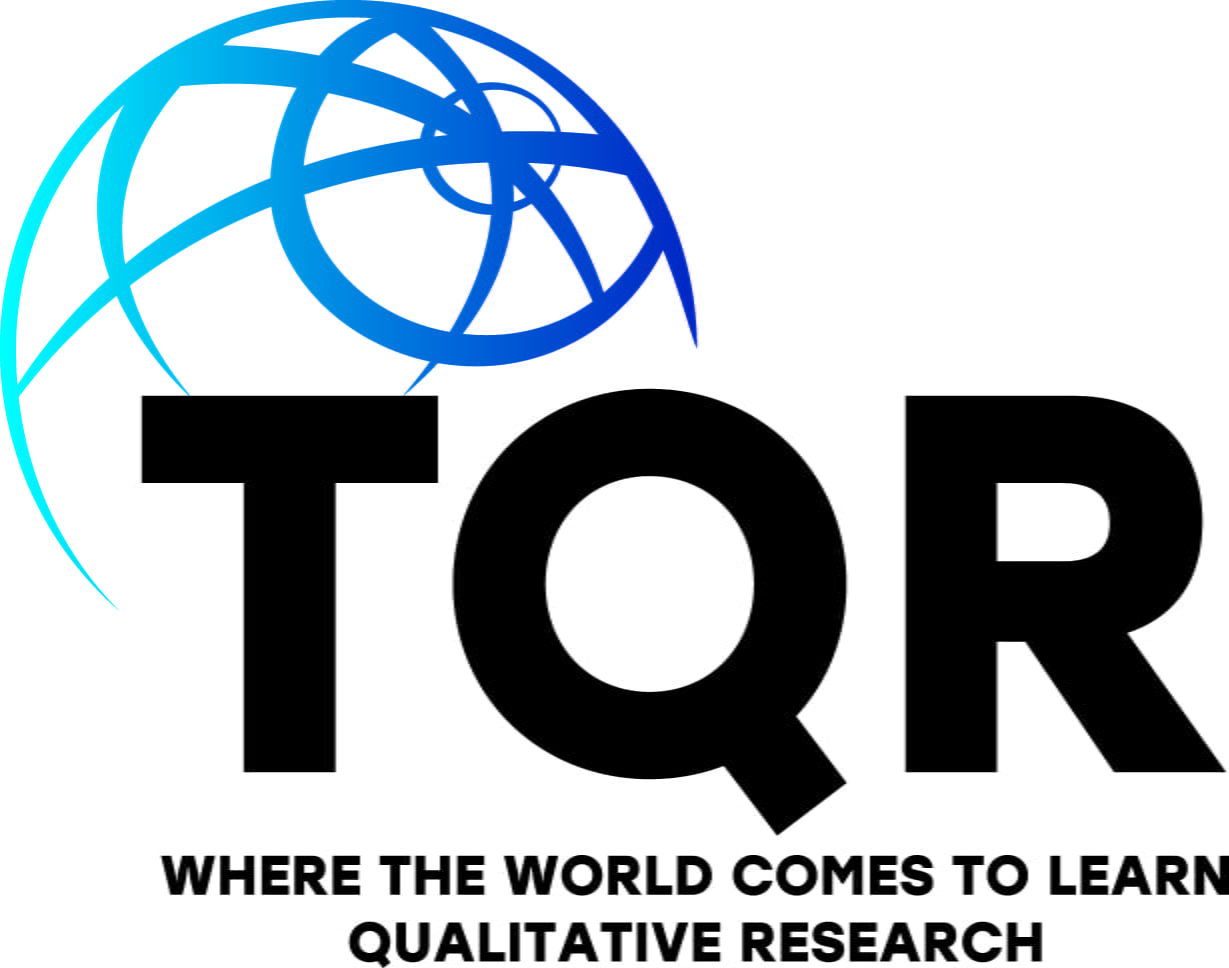Teaching and Learning Qualitative Research Methods Principles Through Popular Film Clips – Virtual Workshop
Johnny Saldaña, Arizona State University’s School of Film, Dance, and Theatre
Hosted by The Qualitative Report at Nova Southeastern University (Virtual)
Wednesday, October 19, 2022
10:00 AM – 3:00 PM Eastern USA Time (1 Hour Lunch Break)
Registration Open
(Enrollment is limited)
Johnny Saldaña Biography
Johnny Saldaña is Professor Emeritus from Arizona State University’s School of Film, Dance, and Theatre. He is the author of Longitudinal Qualitative Research: Analyzing Change through Time, Fundamentals of Qualitative Research, The Coding Manual for Qualitative Researchers, Thinking Qualitatively: Methods of Mind, Ethnotheatre: Research from Page to Stage, Writing Qualitatively: The Selected Works of Johnny Saldaña, co-author with the late Miles and Huberman for Qualitative Data Analysis: A Methods Sourcebook, and co-author with Matt Omasta for Qualitative Research: Analyzing Life. Saldaña’s qualitative methods works have been cited and referenced in more than 28,000 research studies conducted in over 135 countries.
Teaching and Learning Qualitative Research Methods Principles Through Popular Film Clips
Mediated instruction has a longstanding tradition in education, and the power of “edutainment” in our visually-oriented, digital, and performative culture should not be underestimated or dismissed for advanced undergraduate and graduate-level classrooms. Popular film viewing offers novelty and engagement in traditional learning settings, and holds the potential to vividly instruct as well as entertain.
Popular film clips can be used to illustrate basic principles and techniques of inquiry, generate classroom discussion and related activities, clarify misunderstood concepts, and teach selected principles more effectively than conventional classroom pedagogy. Examples of film scenes and their topics include: The Matrix (ontology, epistemology, axiology); Miss Evers’ Boys (research ethics); Kinsey (interviewing); Fargo (inductive reasoning); and Experimenter: The Stanley Milgram Story (theory).
Participants will:
- view over 25 film clips related to qualitative research methods principles
- participate in related learning activities (e.g., discussion, categorizing, assertion development, thematic analysis)
- share other film and media titles for recommended use
- learn how to access related media and software for teaching resource development
This workshop is designed for novices to qualitative inquiry and instructors of qualitative research methods courses.

